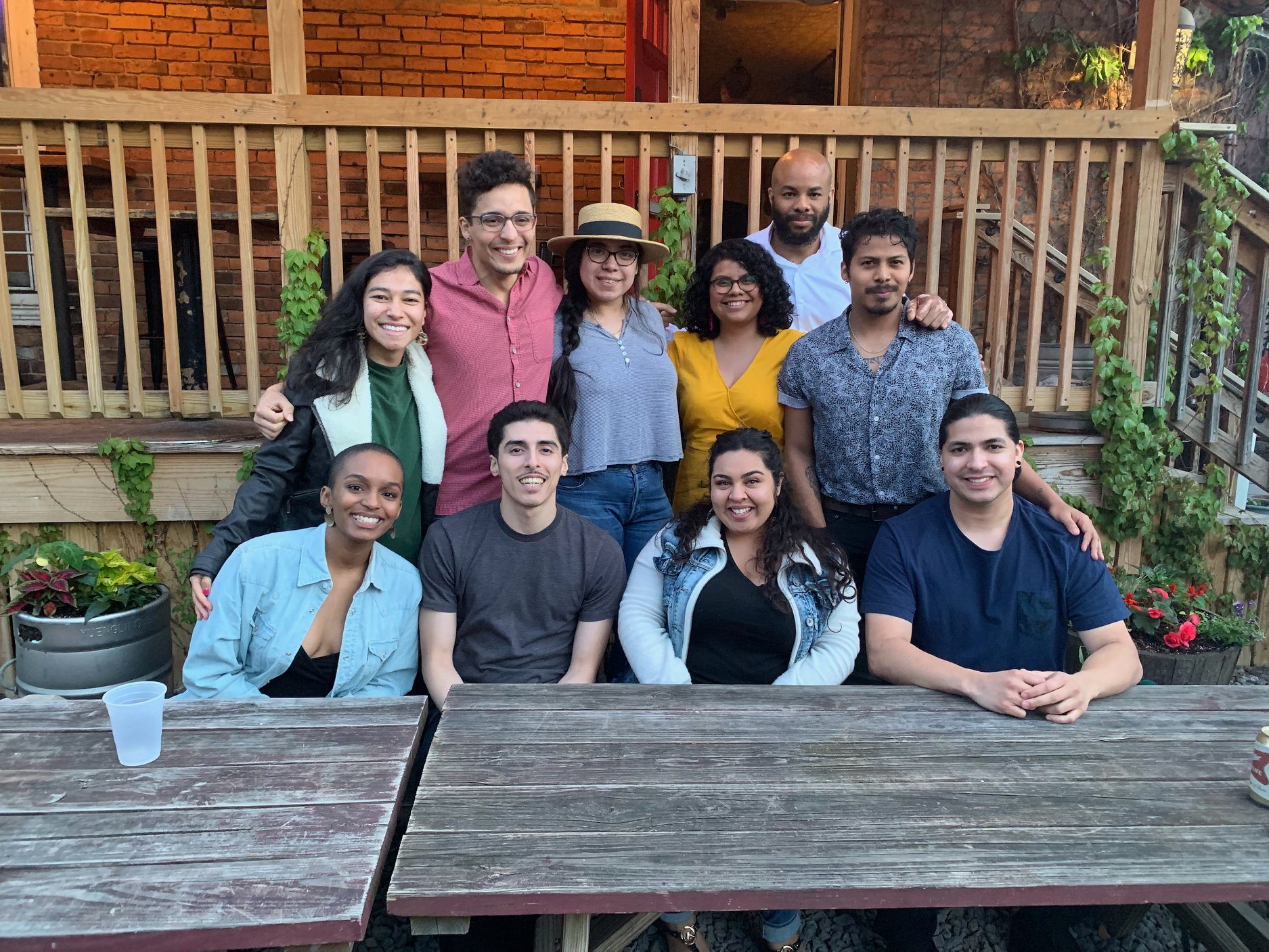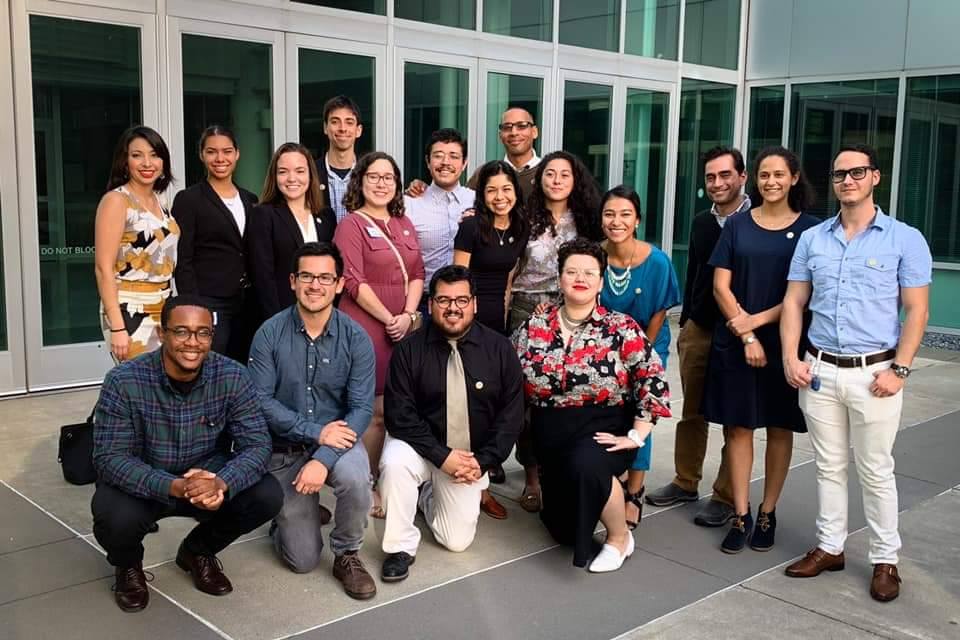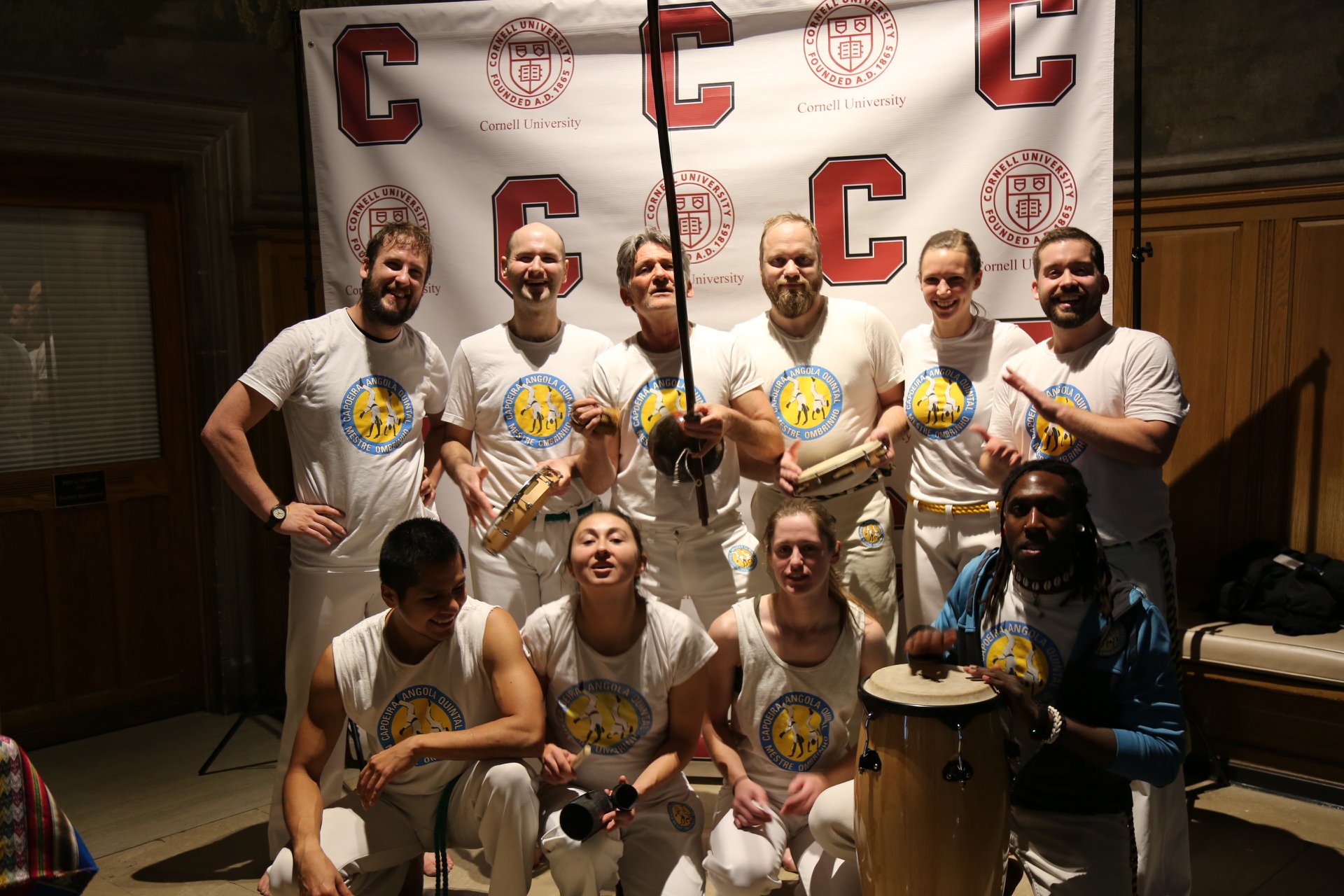Written by Vilma Santiago-Irizarry
The emergence of Latina/o/x/e Studies as an autonomous academic field is relatively recent when measured against the “traditional” disciplines. Its origin is generally attributed to the 1960s minoritized students’ activism in the multiple contestatory movements of recovery and repositioning, which emerged to challenge dominant histories and structural conditions that marginalized ethnoracial communities in the United States. In its original incarnation, its academic programs were organized around nationality and largely bi-coastal, representing the demographically dominant Latine groups at that time and their most significant geopolitical locations. Ongoing population flows, U.S. politics of identity and recognition, globalization, and the diversification of Latine migration and settlement across the nation generated umbrella identity arrays--Hispanic, Latino, Latinx, Latina/o, Latine—that, along with national identifiers, now encompass the population’s variety.

Over fifty years later, despite ongoing resistance, the field subsists in a variety of guises and locations in multiple institutional structures and arrangements. The Latina/o Studies Program (LSP) at Cornell was the first of these types of programs to be established at an Ivy League institution, and it has played a significant role in validating the field as a legitimate scholarly project. To understand its contributions, one needs to contextualize the program in its history as well as in Cornell’s unique institutional structures.
Despite advocacy efforts since the 1970s, the Hispanic American Studies Program (HASP) was not officially established at Cornell until 1987. Tagging itself with the umbrella label signaled its focus, Latines, construed as a collective constituency distinct from the national groups and more than a mechanistic sum of all of them. Its institutionalization was marked in 1994 by its inclusion as an academic unit in the College of Arts and Sciences, where it developed an undergraduate minor in Latine Studies taught by jointly appointed and affiliated faculty in multiple social science and humanities departments in the college, with an inherently interdisciplinary curriculum that required fulfilling credits in both disciplinary domains. A graduate minor followed in the early 2000s, configured as an interdisciplinary minor field in Cornell’s Graduate School. This was consonant with Cornell’s institutional history and tradition, as per its original ethos: “An institution where any person can find instruction in any study.”

Cornell’s Graduate School constitutes an autonomous academic unit fully entrusted with the implementation, administration, and governance of graduate education in the institution. Its staff manages all administrative processes concerning graduate and professional training, while faculty retain authority over its academic and scholarly aspects. Training is organized into major and minor fields that largely align with the traditional disciplines and occupational fields. (As a recent academic specialization, Latine Studies is a minor field.) Importantly, these fields are not coterminous with departments, but composed of faculty members from one or more departments, programs, and colleges whose expertise and research interests are organized around a shared intellectual interest, and who are voted into a field by their colleagues. Rather than to a department or program, students are thus admitted to a major field of study by faculty in that field who retain full jurisdiction over admission, degree requirements, and curricula through a special committee system. It is through this committee system that Cornell’s justly vaunted interdisciplinarity is implemented as it guides a graduate student’s scholarly formation and professionalization. Most research fields have no core course requirements because committees are fully tasked with managing a student’s academic trajectory, making graduate training incredibly flexible and individualized to accommodate students’ actual training needs as well as research creativity and agility.
The requirements for constituting a Special Committee are minimal: it must be chaired by the student’s advisor in their major field and have a minimum of three members. Students are encouraged to cross disciplinary boundaries in recruiting faculty to their committee who will represent major or minor fields germane to their research, and thus enhance its breadth, orientation, and depth: these will be a student’s minors vis-à-vis their major field and duly credited in their credentials. The Special Committee system thus sustains LSP’s graduate minor and facilitates its diffusion in parity with other knowledge fields.
All LSP faculty, both jointly appointed and affiliated, are members of the Latine Studies graduate field. But field membership extends beyond the program’s faculty to include faculty in multiple programs, departments, and colleges. Beyond graduate training itself, this system forges collaborations across fields and gives LSP a presence throughout the institution it would otherwise lack.

LSP Graduate Minors consistently express their appreciation for the added support they receive in declaring Latine Studies as a minor field and recruiting its faculty to their committees. LSP also provides small research grants as well as study space and resources. It also works with the student organization, the Latinx Graduate Student Coalition, particularly in ongoing advocacy and support for its place and presence at the Graduate School. Graduates from the program have consistently praised LSP faculty for their scholarly contribution to their professionalization, appreciating the minor’s flexibility and multidisciplinarity, as well as the sense of community the program gives them—so central to students who too often are first generation college students, the product of benighted educational systems, and children of immigrants. Many have gone on to academic careers in a variety of disciplines, thus contributing to the permanence of a knowledge field that originated in marginalization.
To be sure, the Cornell case is an instance in which a program has capitalized on a unique academic ethos and structure. This is not to say that the path to this mutually accommodating relationship has been easy or unencumbered, but that all of us who militate in the field should be ready to avail ourselves of existing circumstances and strategize accordingly to fulfill our mission. •
Author Bio
Vilma Santiago-Irizarry teaches Anthropology and Latina/o Studies at Cornell University, and is the current director of its Latina/o Studies Program. She arrived at Cornell in 1994 as the first jointly appointed, tenure-track faculty in the program, which gives her a convenient vantage point to attest to its history.
Place your job ad in our classified page on the HO print & digital Edition